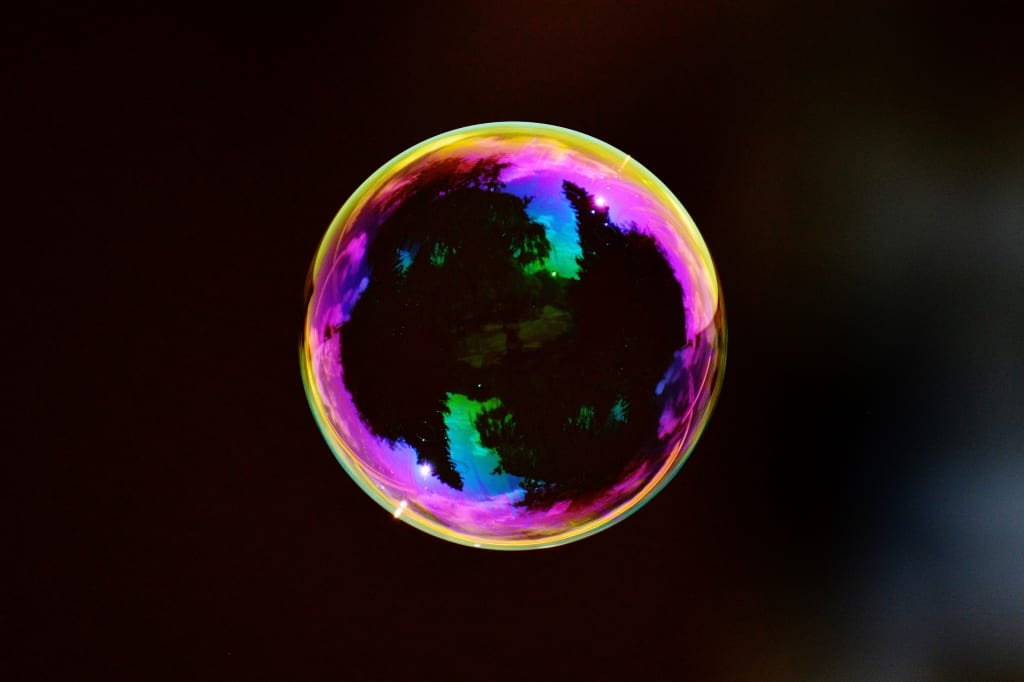
The vast expanse of the galaxy holds numerous enigmatic phenomena, and one of the most captivating among them is the black hole. A black hole is a region in space where gravity is so intense that nothing, not even light, can escape its grasp. These celestial entities continue to astound scientists and astronomers, unraveling the mysteries of the universe. In this article, we will delve into the captivating world of black holes and explore their significance in the galaxy.
Understanding Black Holes:
Black holes are formed from the remnants of massive stars that have exhausted their nuclear fuel and undergone a supernova explosion. The core left behind collapses under its own gravity, creating a gravitational pull so strong that it traps everything within its event horizon, the boundary beyond which escape is impossible.
Types of Black Holes:
There are primarily three types of black holes: stellar black holes, intermediate black holes, and supermassive black holes. Stellar black holes have masses several times greater than our sun and are formed from the remnants of collapsed massive stars. Intermediate black holes fall within the range of tens to thousands of times the mass of the sun and remain a subject of ongoing research. Supermassive black holes, on the other hand, have masses millions or even billions of times that of the sun and reside at the centers of most galaxies, including our own Milky Way.
The Impact on Galaxies:
Black holes play a significant role in shaping the evolution of galaxies. Supermassive black holes are believed to influence the formation and growth of galaxies by releasing vast amounts of energy into their surroundings. These energetic phenomena are often observed as active galactic nuclei (AGNs), where the central black hole accretes matter and emits powerful jets of radiation. These AGNs are crucial in regulating star formation rates and redistributing gas and dust throughout the galaxy.
Black Hole Discoveries:
In recent years, technological advancements have allowed astronomers to make groundbreaking discoveries regarding black holes. The Event Horizon Telescope (EHT) collaboration, for instance, made history by capturing the first-ever direct image of a black hole's event horizon in 2019. The image, taken of the supermassive black hole at the center of the galaxy M87, provided compelling evidence for the existence of black holes and furthered our understanding of their nature.
Certainly! Black holes are fascinating cosmic objects that have captured the attention of scientists and astronomers for decades. Here are a few additional details about black holes:
Event Horizon: Black holes have a boundary called the event horizon, beyond which nothing, not even light, can escape. This boundary marks the point of no return, and anything that crosses it is inevitably pulled into the black hole's gravitational well.
Singularity: At the center of a black hole lies a region called the singularity, where matter is compressed to an infinitely small and dense point. Our current understanding of physics breaks down at this point, as the laws of general relativity and quantum mechanics seem to contradict each other. Exploring the nature of singularities is a major area of research in theoretical physics.
Spacetime Curvature: Black holes warp the fabric of spacetime around them. Their immense mass and gravity cause a curvature in the fabric of spacetime, which influences the motion of objects and the path of light nearby.
Time Dilation: Due to the extreme gravitational forces near a black hole, time moves slower for an observer close to the event horizon compared to those farther away. This phenomenon, known as time dilation, has been confirmed through various experiments and observations.
Black Hole Evaporation: According to physicist Stephen Hawking, black holes can slowly lose mass and energy over time through a process called Hawking radiation. This theoretical concept suggests that particles and antiparticles can be created near the event horizon, with one falling into the black hole and the other escaping into space. Over time, this radiation can cause the black hole to evaporate completely.
Interactions with Matter: When matter falls into a black hole, it forms an accretion disk, a swirling disk of hot gas and dust spiraling around the black hole. The friction and heat generated within the disk can lead to the emission of powerful X-rays and other forms of high-energy radiation.
Unanswered Questions:
Despite significant progress in black hole research, many questions remain unanswered. Scientists are actively investigating the relationship between black holes and the fabric of spacetime, attempting to reconcile general relativity with quantum mechanics. The nature of singularity, the point of infinite density within a black hole, remains a subject of great interest and mystery. Exploring these questions may potentially lead to breakthroughs in our understanding of the fundamental laws governing the universe.
Black holes, with their immense gravitational pull and captivating nature, continue to be one of the most intriguing phenomena in the galaxy. Their influence on the evolution of galaxies and the insights they provide into the nature of space and time make them a subject of great scientific interest. As our understanding of black holes deepens, we inch closer to unraveling the secrets of the universe. With continued advancements in technology and ongoing research efforts, the enigma of black holes is likely to captivate scientists and astronomers for generations to come, inspiring new discoveries and pushing the boundaries of human knowledge.
Who knows, maybe there are more unseen.





Comments
There are no comments for this story
Be the first to respond and start the conversation.